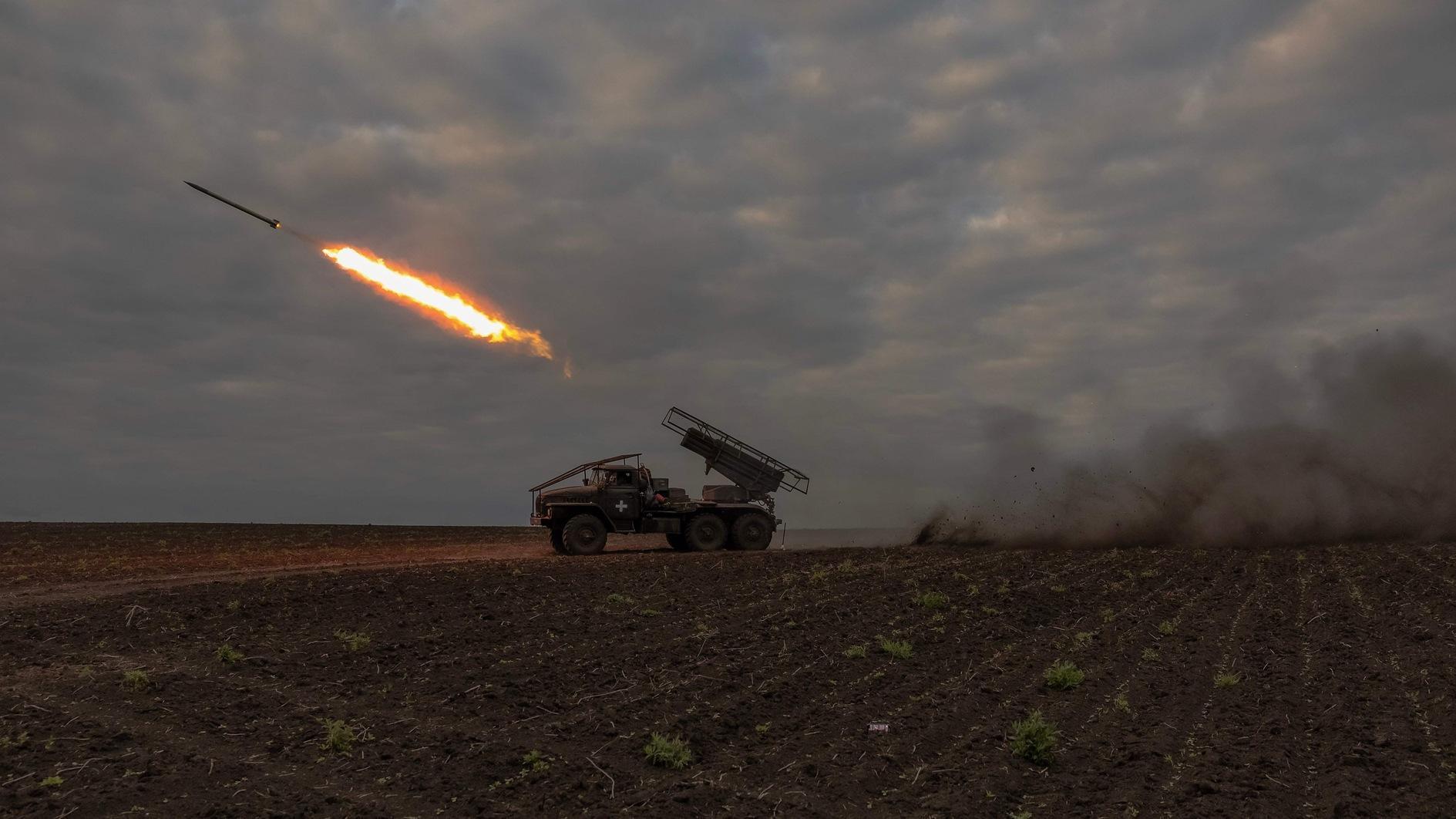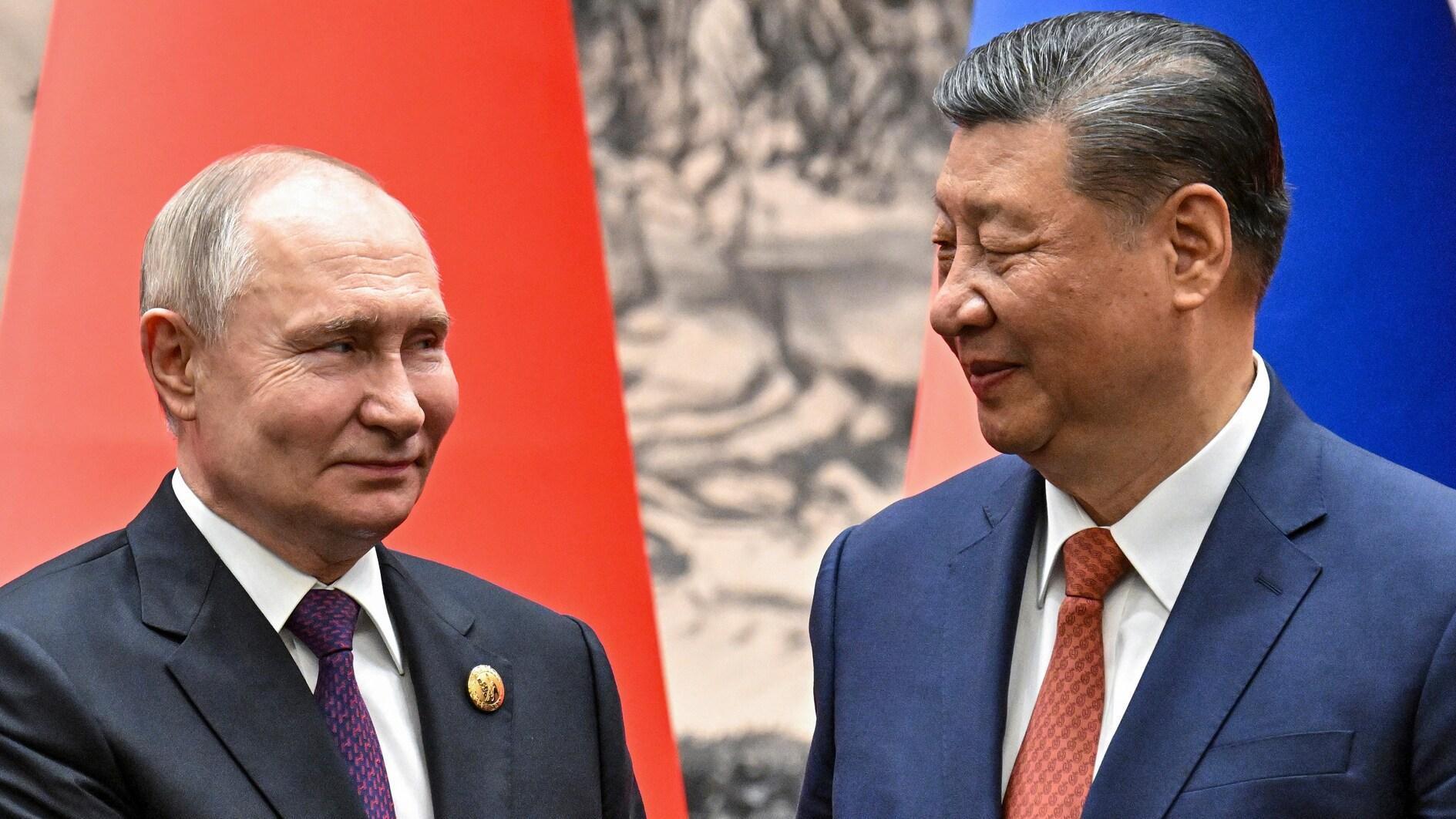From rhetoric to reality: Reframing U.S. Turkey policy
MORTON I. ABRAMOWITZ - ERIC EDELMAN
The Middle East remains a major foreign policy challenge for the United States, despite attempts to pivot away from it. A cooperative and strong Turkey could be an important partner in helping rebuild the Middle East.There is no other country in the region that the United States can turn to that could potentially play as constructive a role as Turkey might be able to. But for now the reality is different.
This is not the first time that Washington and Ankara have faced turbulence in their relationship as they have in the past, these ties can be reforged. But we also believe accomplishing that now will require a different approach by Washington to the relationship with Turkey. American policymakers should recognize these differences and the challenges currently facing Turkey and their implications for greater U.S.- Turkish cooperation. Rather than eliding these concerns,
U.S. policy should move away from rhetoric and toward a realistic assessment and dialogue about the state of the relationship with Turkey.
- Focus on Turkey’s domestic stability and democratic process: Washington should be open with Ankara about its concerns about issues like press freedom, freedom of assembly, rule of law, and the Turkish government’s increasing sectarianism.
- Replace rhetoric on both sides with more candid discussion: Sometimes, when the bloom is off the rose, it is better to stop gilding the lily. This is one of those moments. Failing to enumerate and discuss serious differences with Turkey at appropriate times creates the risk that they could come back to haunt either party at a later time. Moreover, too often the lack of U.S. criticism is interpreted in Turkey as implicit endorsement of the government in Ankara and its policies, leading the regime to believe that it will enjoy unwavering U.S. support regardless of its actions.
Support Turkey’s Development
The United States should support and encourage the continued improvement of Turkey’s democratic
institutions, opening of its civil society, and modernization of its economy. This should include:
- Support for democratization: American officials should publicly encourage the Turkish government’s attempts to address its democratic deficit, especially in relation to minority groups and political freedoms. Improvement is essential. Particularly important is the ongoing Kurdish peace process, which American policymakers should continue to support and encourage.
- Stand up for civil and economic freedom: Washington should speak out against the imprisonment and firing of journalists, the targeting of businesses belonging to opposition figures for arbitrary audits and investigations, and other means of muzzling dissent that are being employed in Turkey. Turkish progress in these areas should be tied to U.S. support for including Turkey in international trade negotiations.
Set Realistic Foreign Policy Expectations
The United States should moderate its expectations for Turkish assistance in the broader Middle East, focusing instead on areas where Turkey is realistically able to assist, notably Syria, Iraq, Israel, and Iran:
- Encourage support for moderates in Syria: The United States should continue to pressure Ankara to be accountable for its support of extremist elements within the Syrian opposition — support that Turkey denies but apparently is currently reconsidering — and redouble its own efforts to work with Turkey and other friendly states to build up and strengthen Syria’s more moderate, pragmatic, and non-jihadist opposition.
- Cooperate on common approach to Iraq: The United States and Turkey share a common interest in bolstering a strong, stable, Western-oriented, autonomous Kurdish region - ideally, within the context of a unified Iraq where the influence of both Iran and al-Qaeda are severely constrained. Washington and Ankara must engage in a sustained strategic dialogue on the future of Iraq with the aim of developing a common approach to such vital issues as the future of Kurdish energy exports to Turkey; the Kurdish region’s political, economic, and military relations with the Iraqi central government; and the establishment of an effective government in Baghdad that is neither under the sway of Tehran nor in support of Assad.
- Finish reconciliation with Israel: Recognizing that the current Turkish government is unlikely to have cordial relations with Israel, American policymakers should encourage Turkey to conclude the ongoing reconciliation talks and reestablish diplomatic ties with Israel.
- Engage Turkey on Iran: American policymakers need to engage Turkey on the topic of Iran. Keeping Ankara informed of progress in diplomatic negotiations could avoid the sort of miscommunication that led to the 2010 failed Turkish-Brazilian-Iranian agreement, contribute to increased Turkish adherence to sanctions, and engender goodwill.
*This is an abrigded version of the executive summary of the report. For the full version of the report click here











